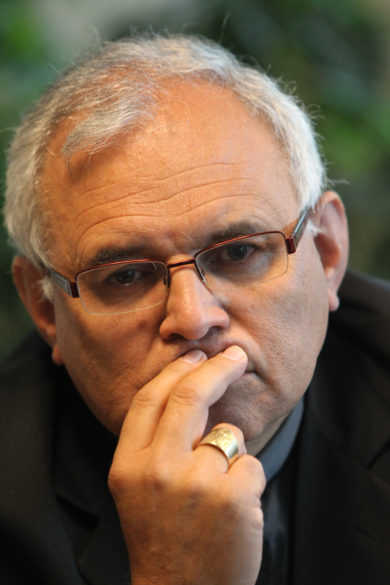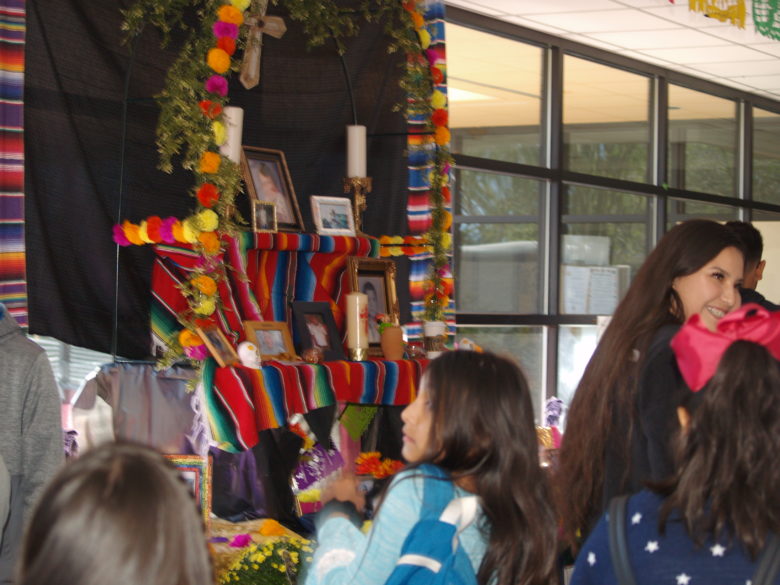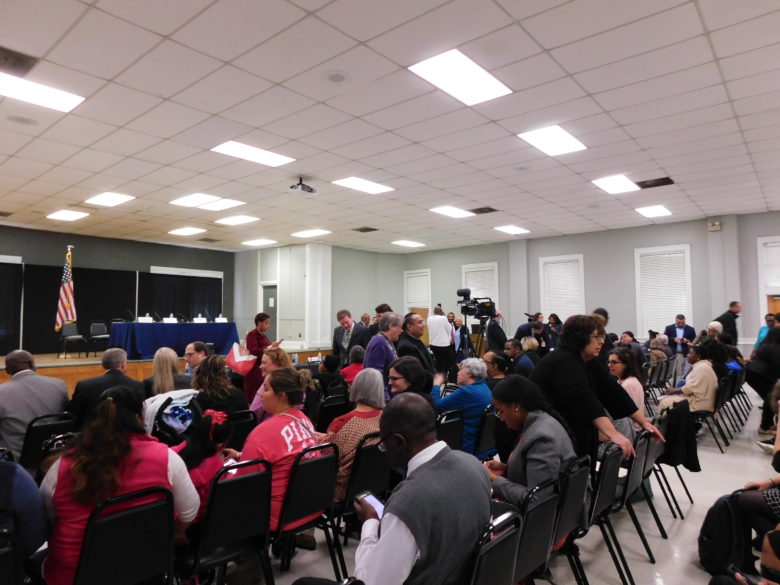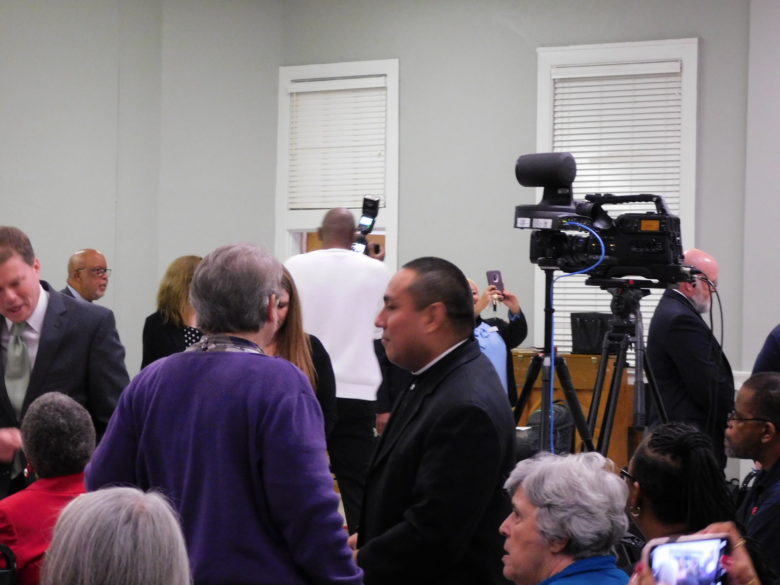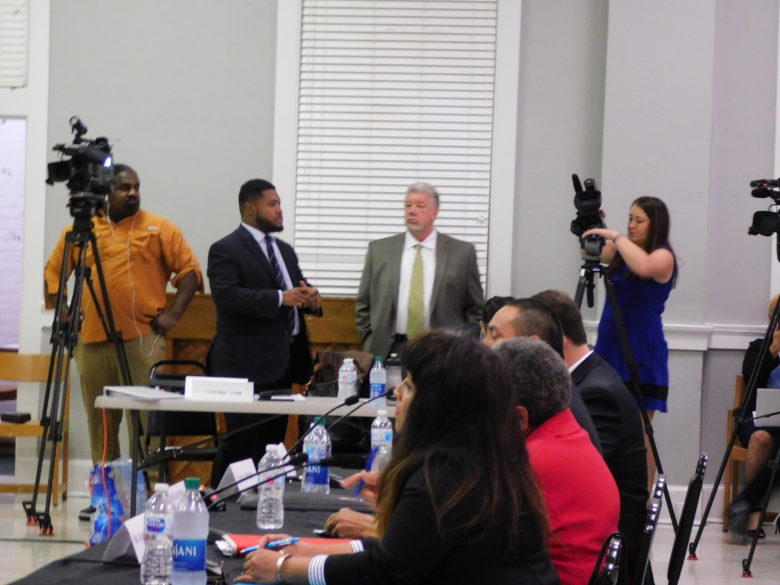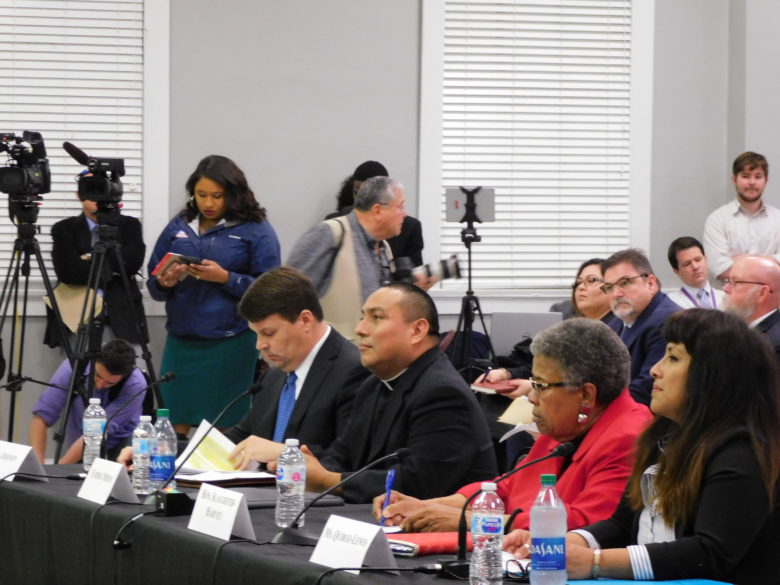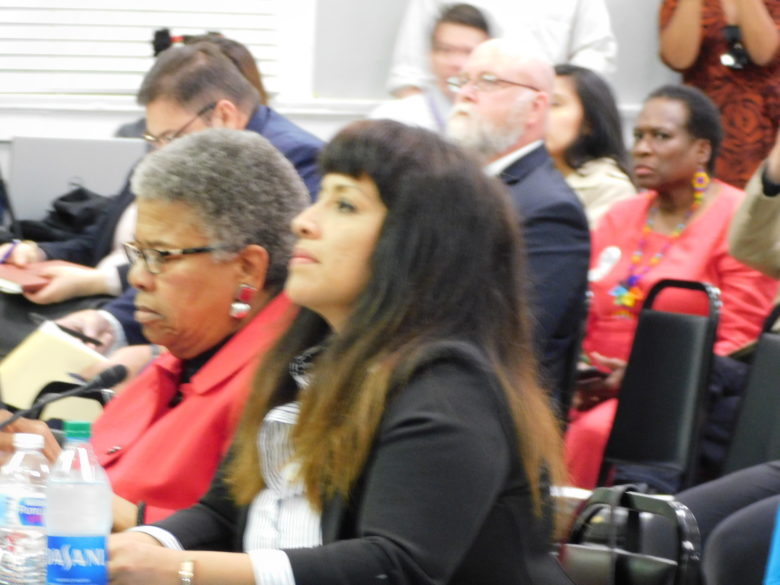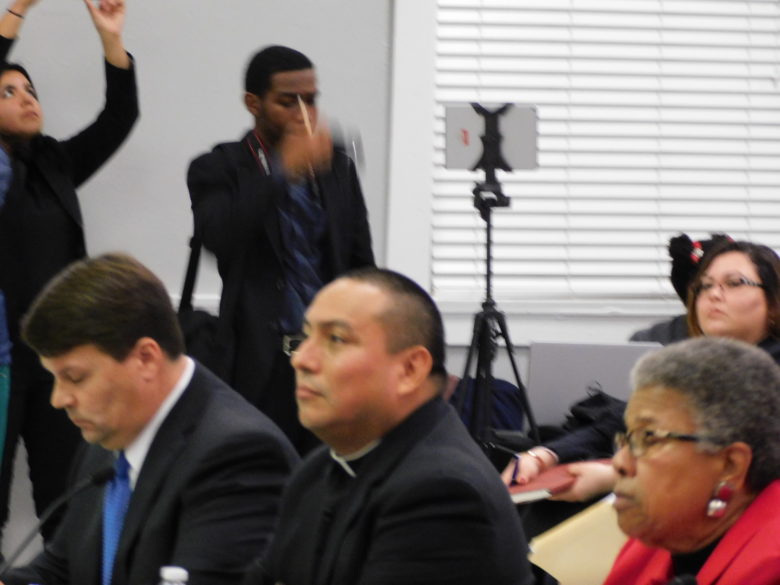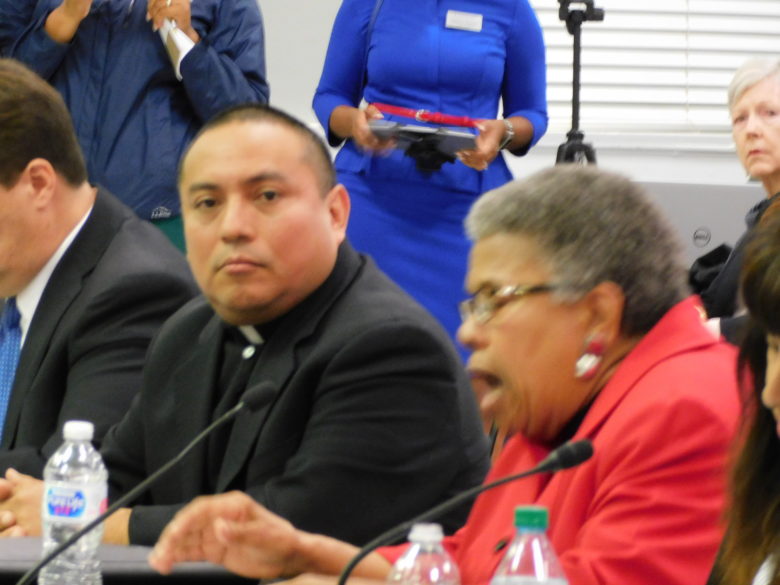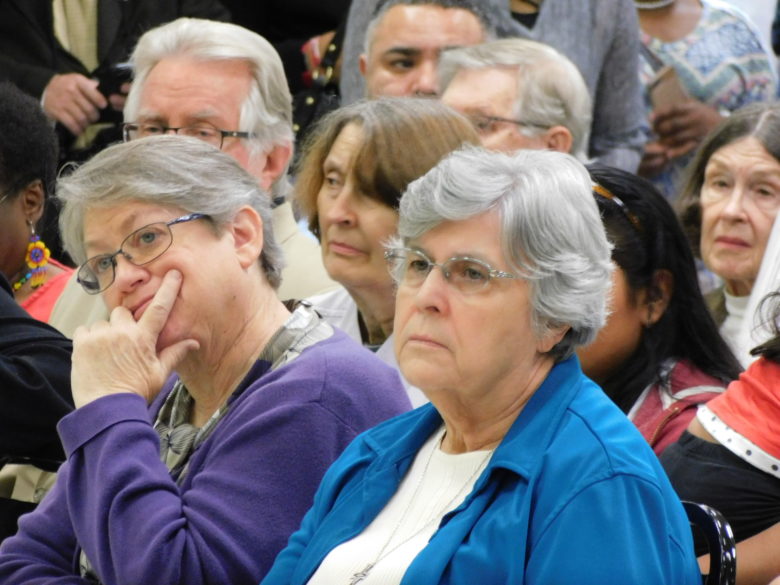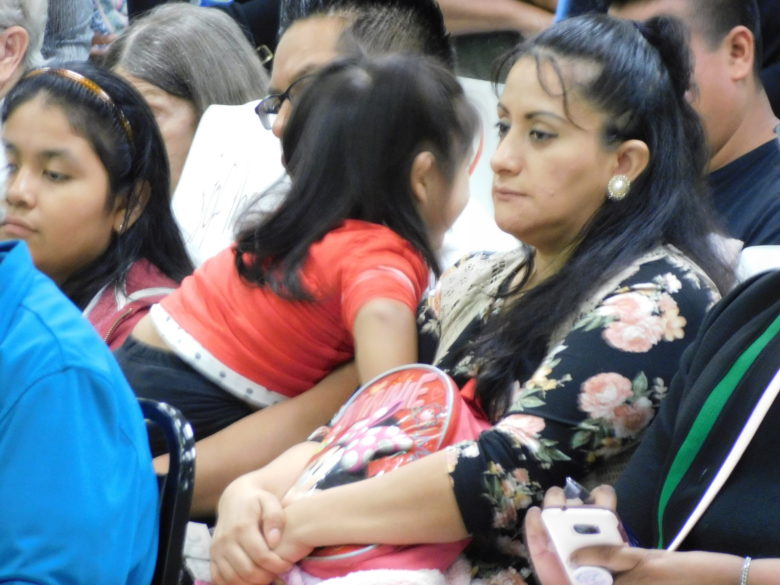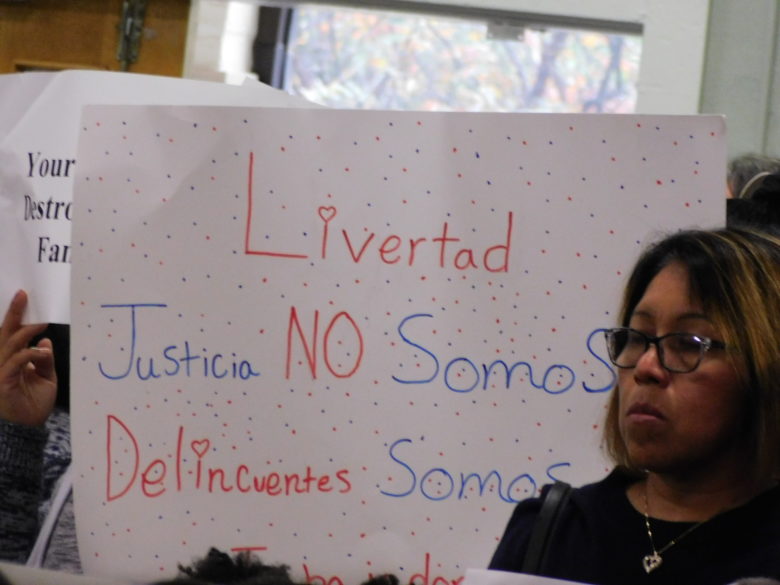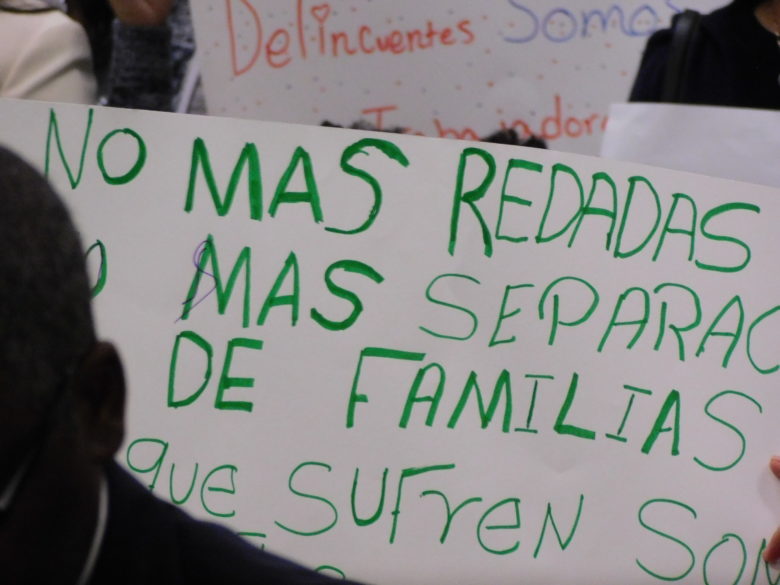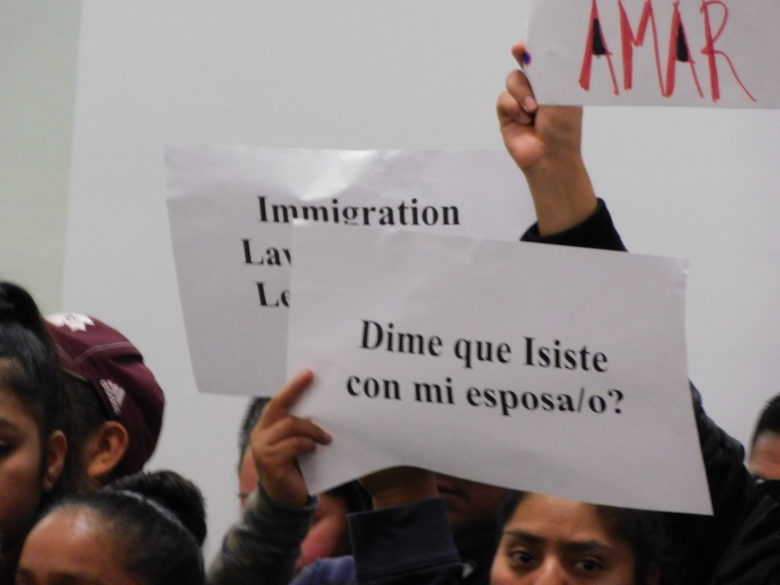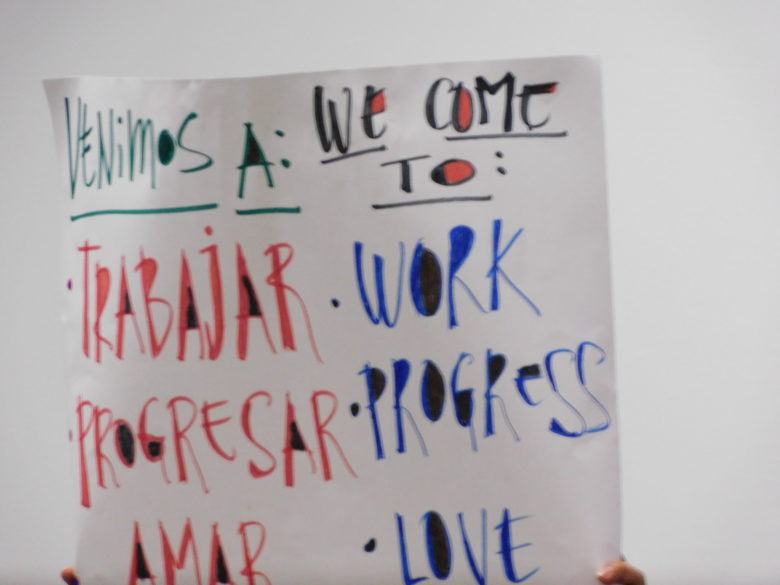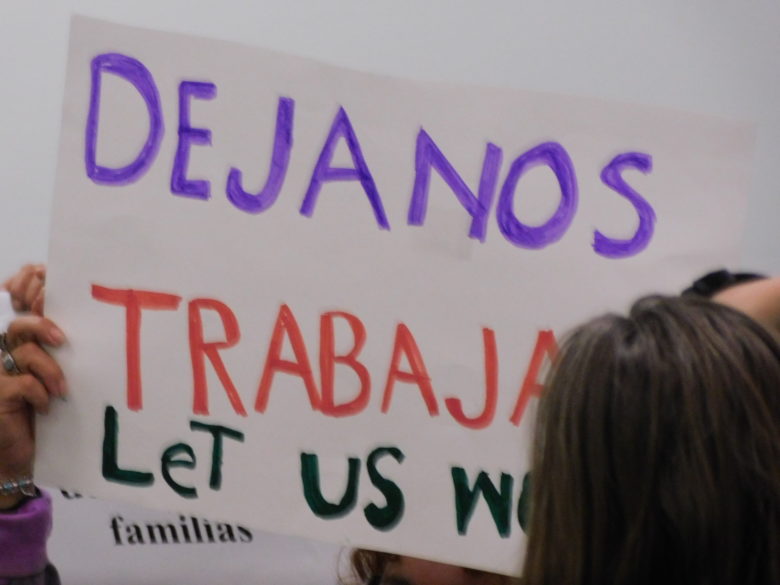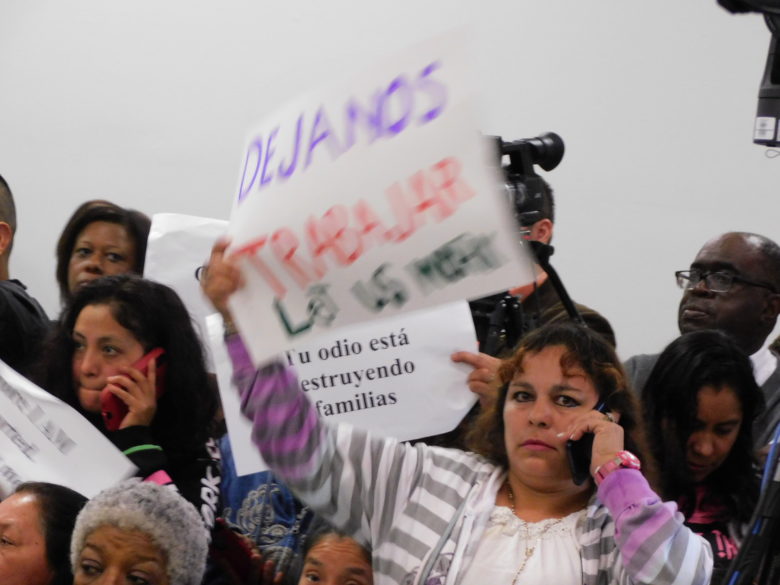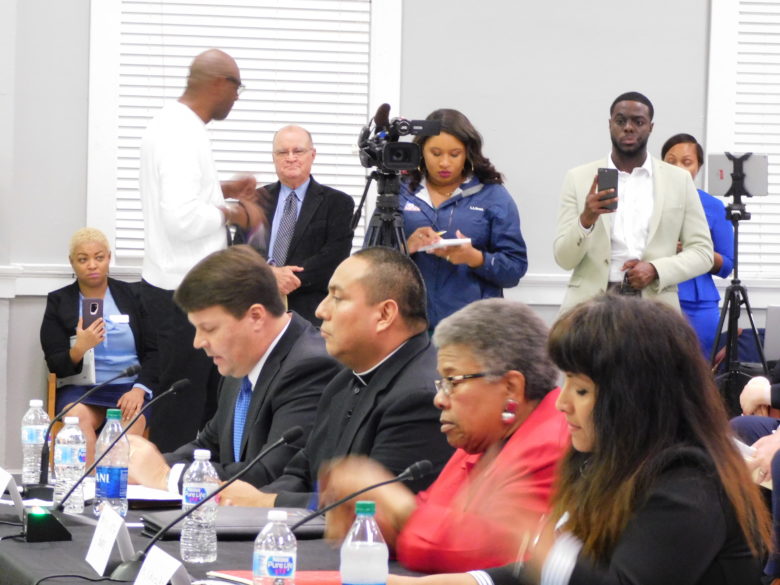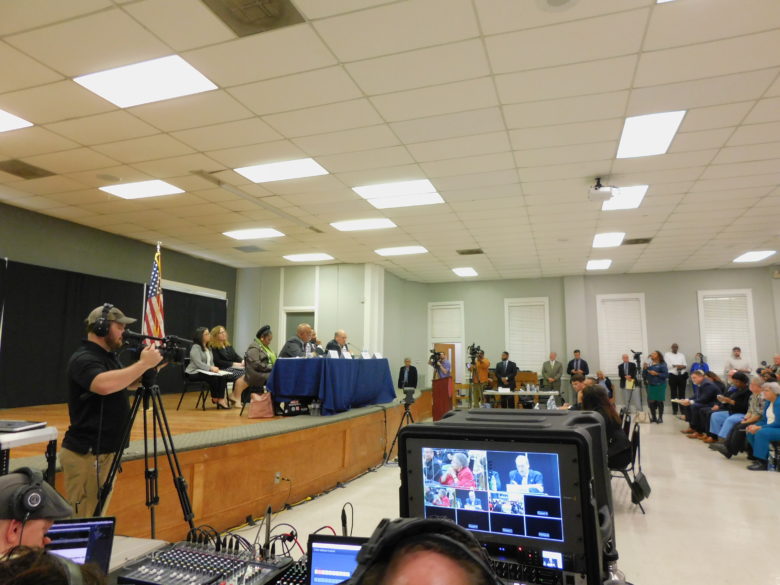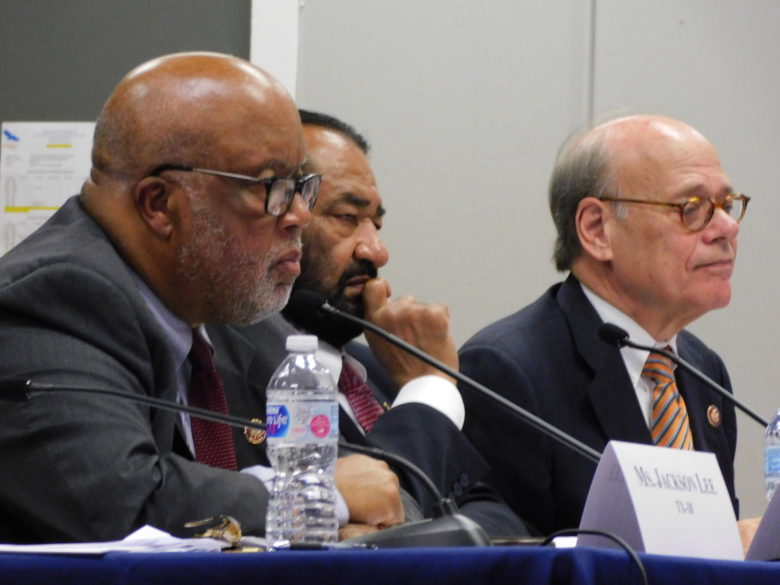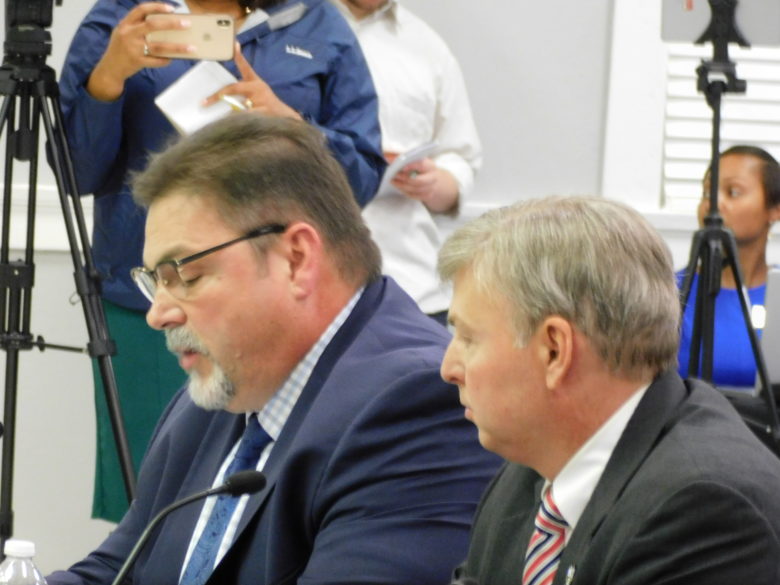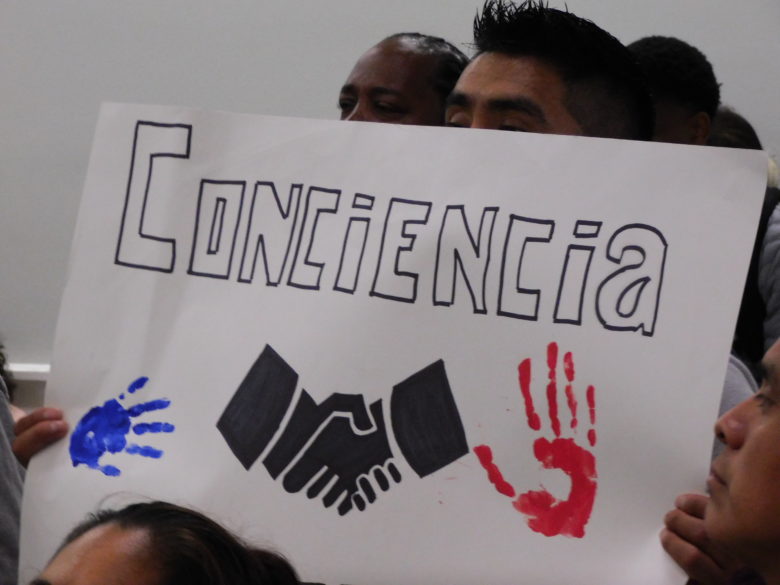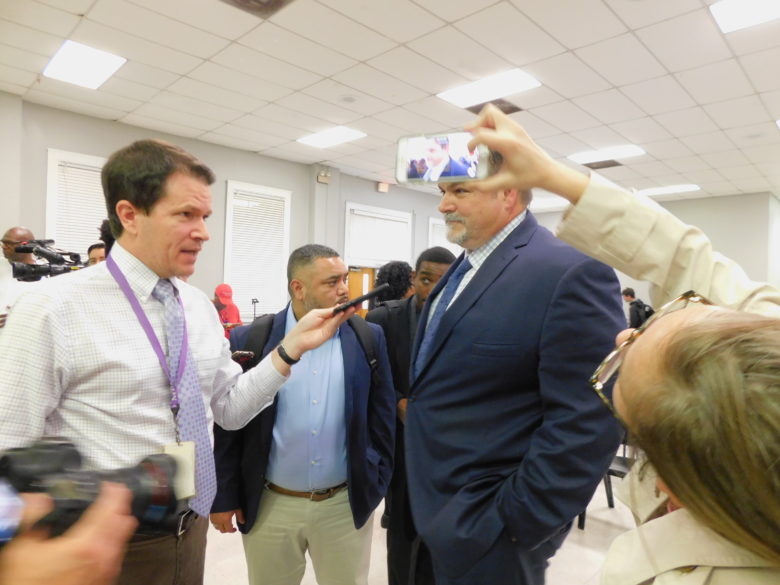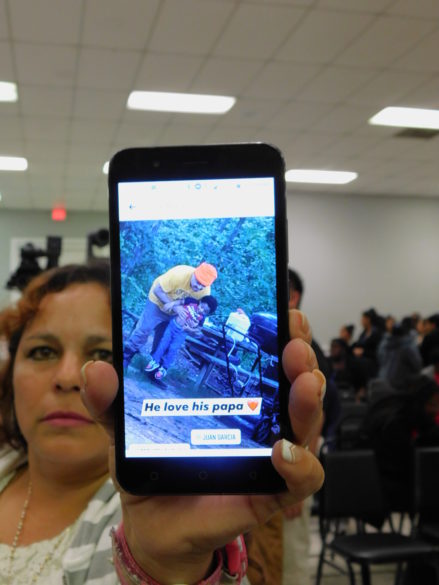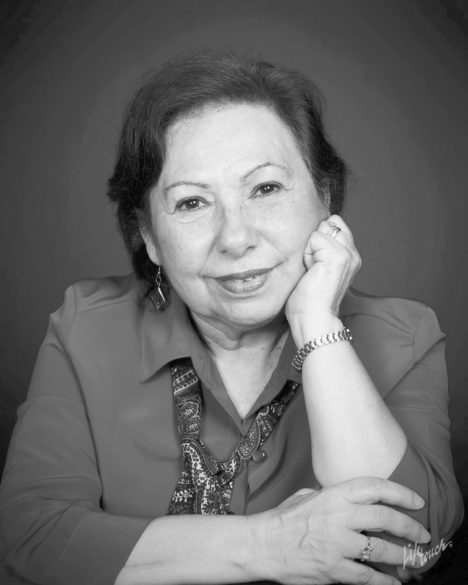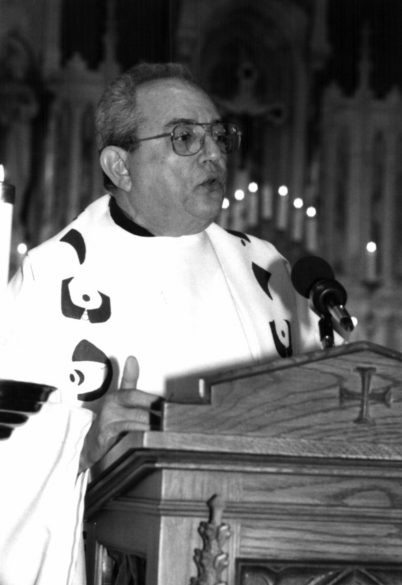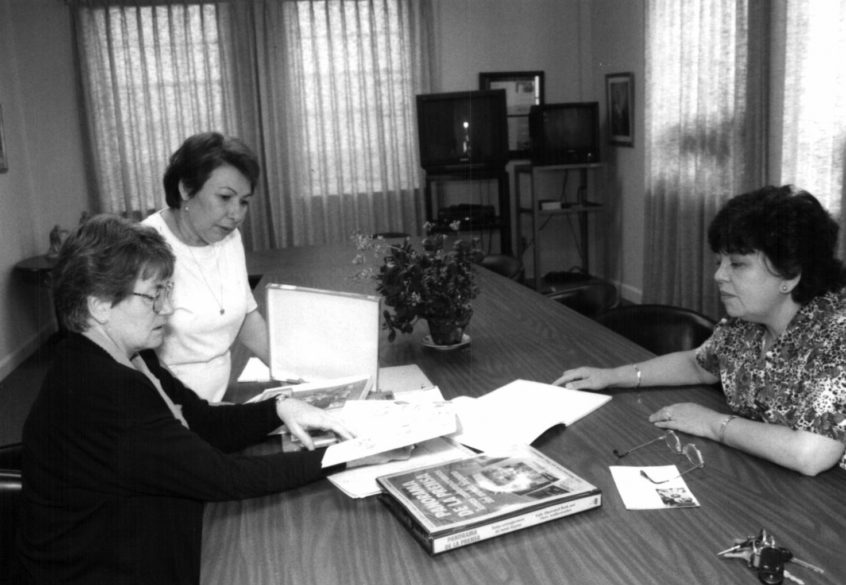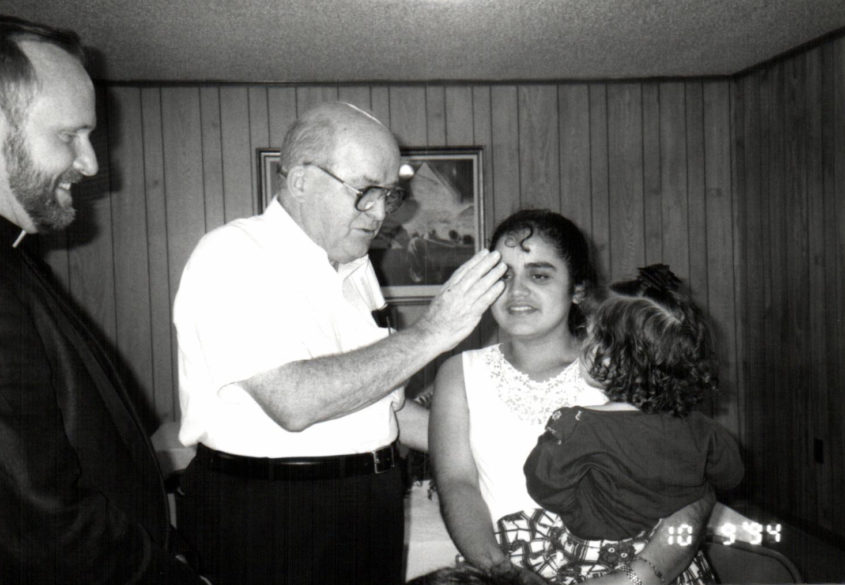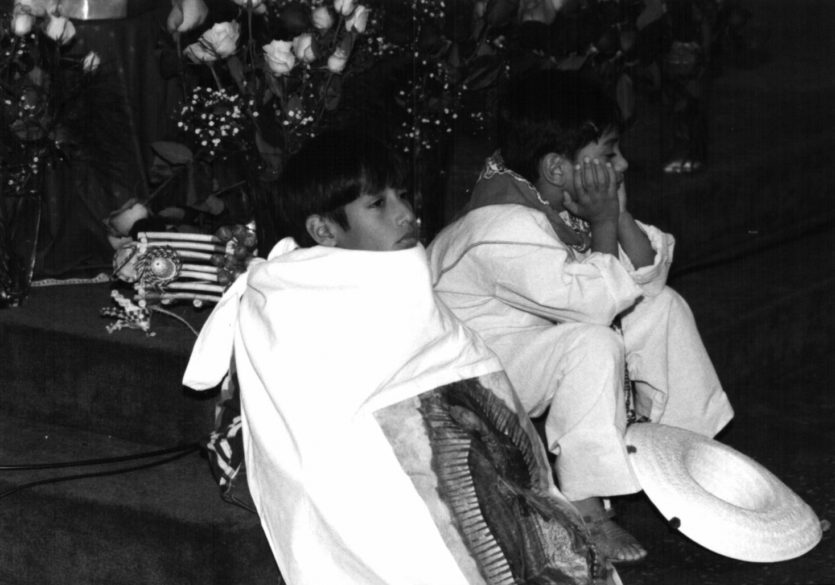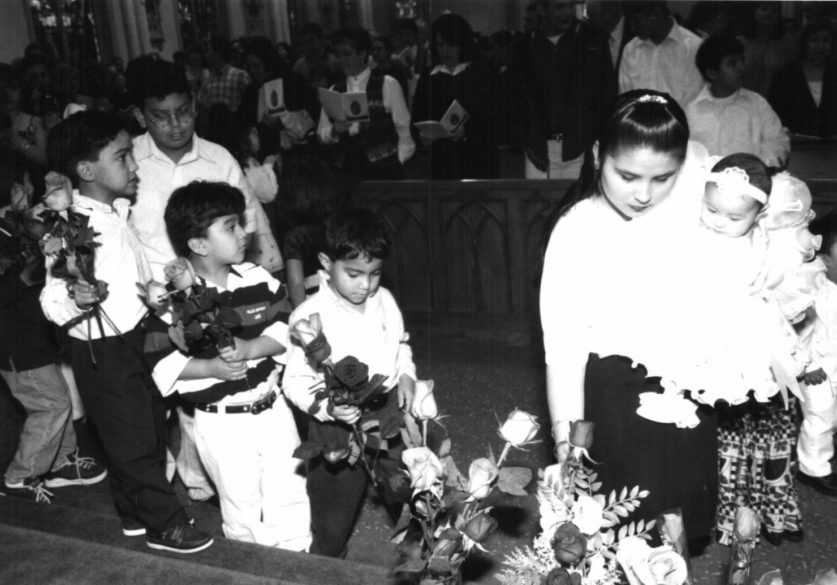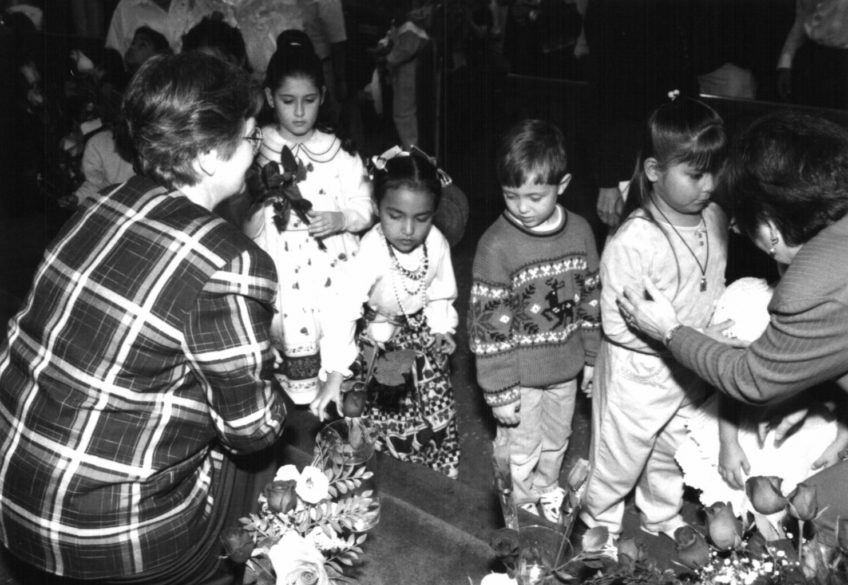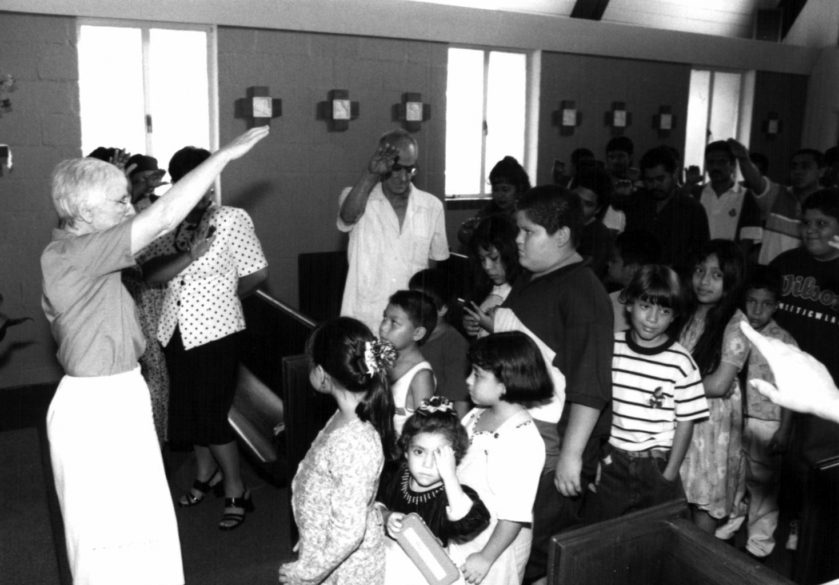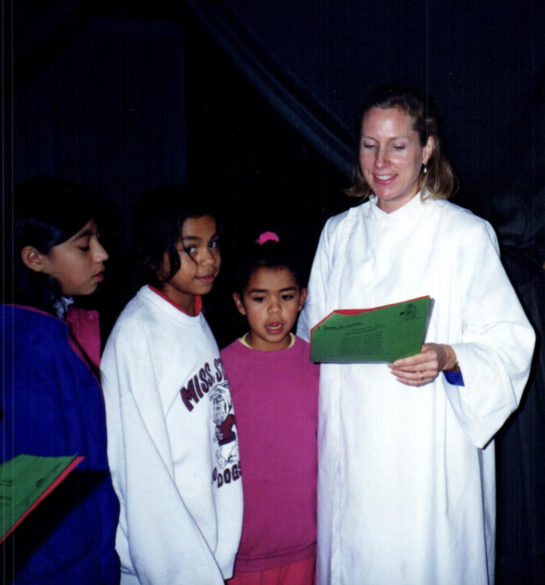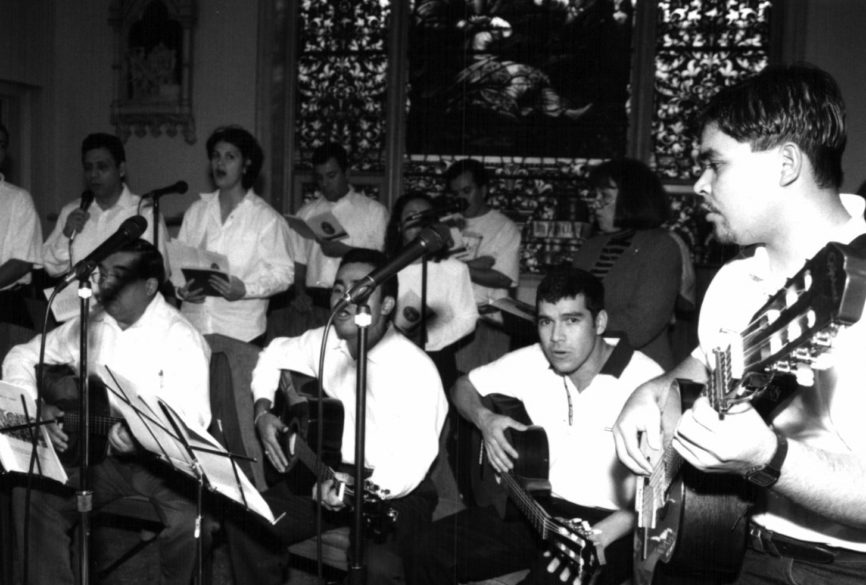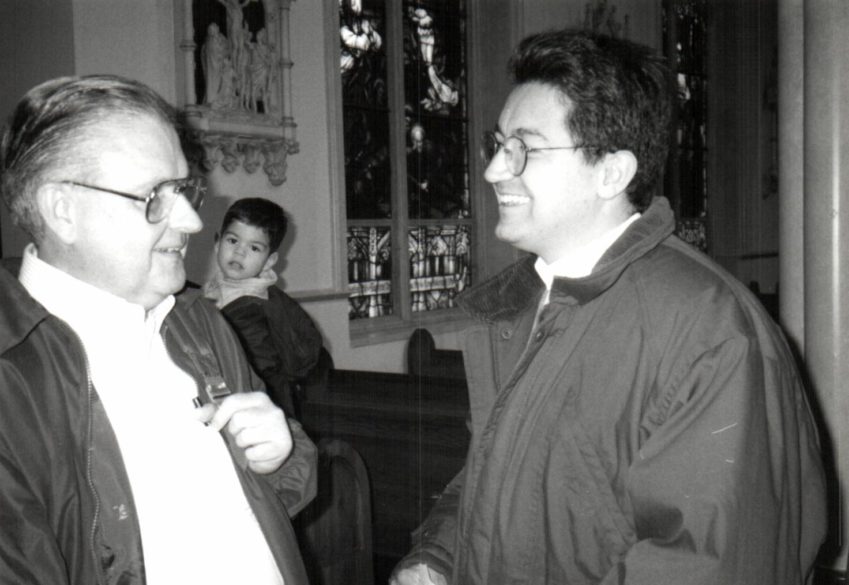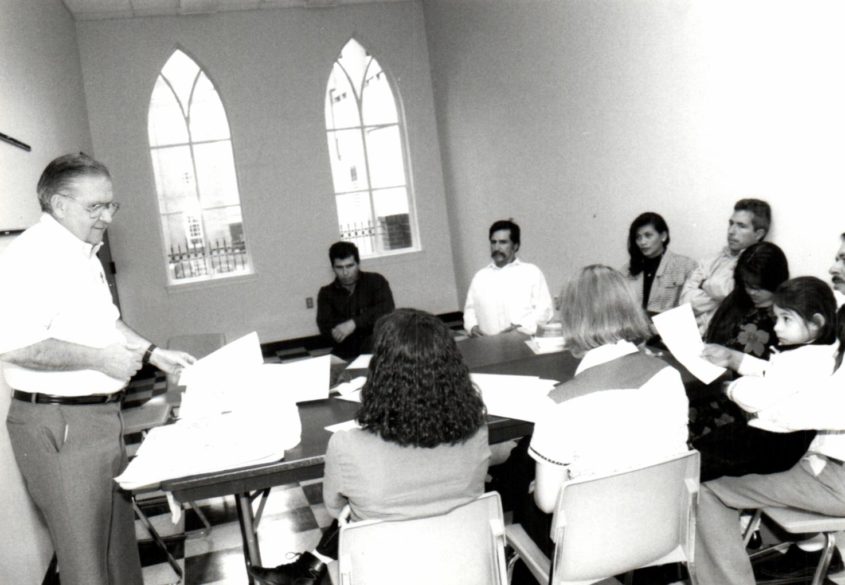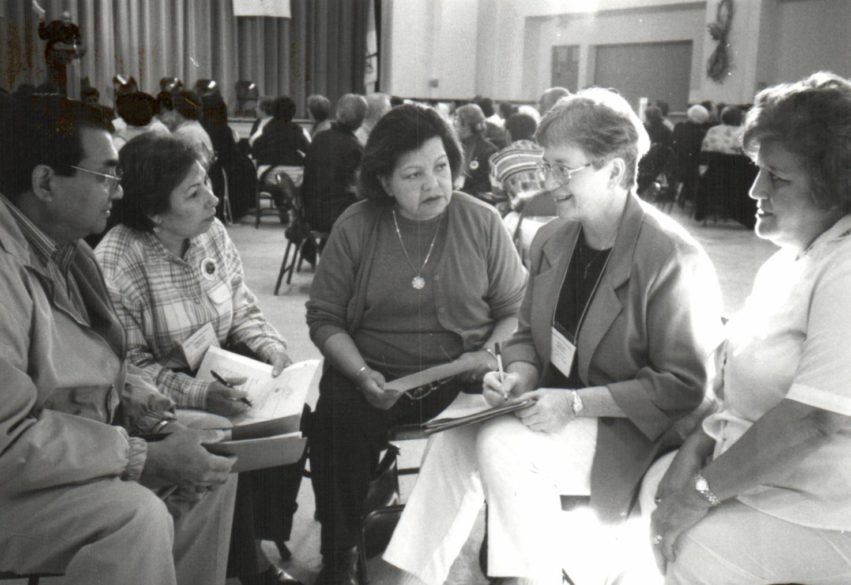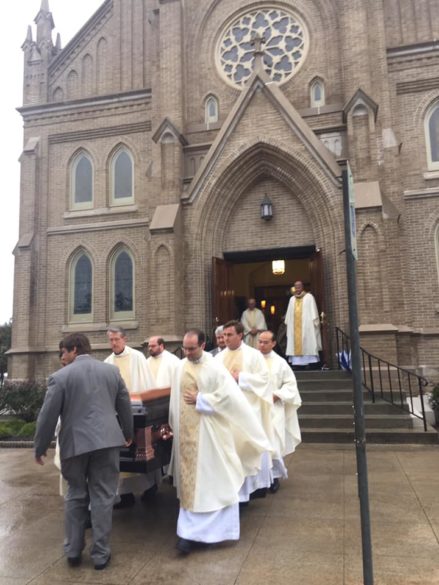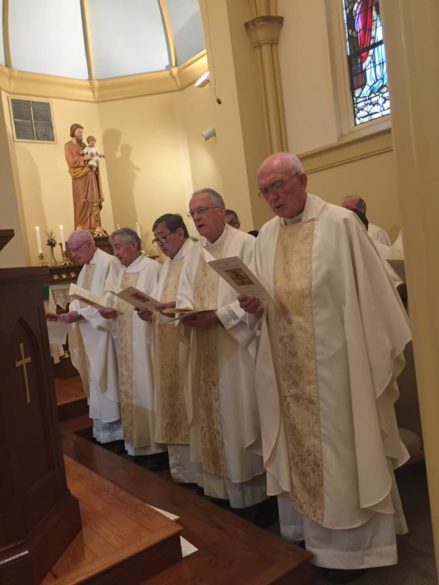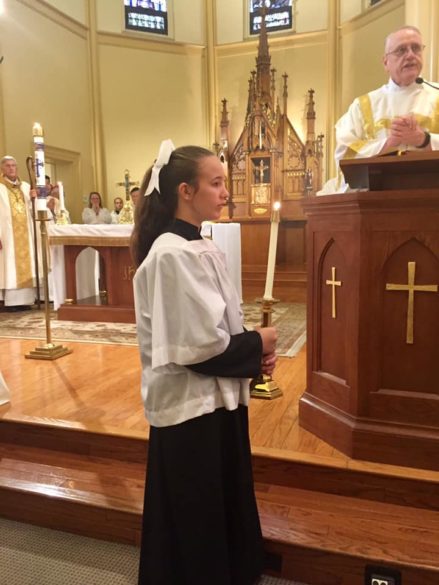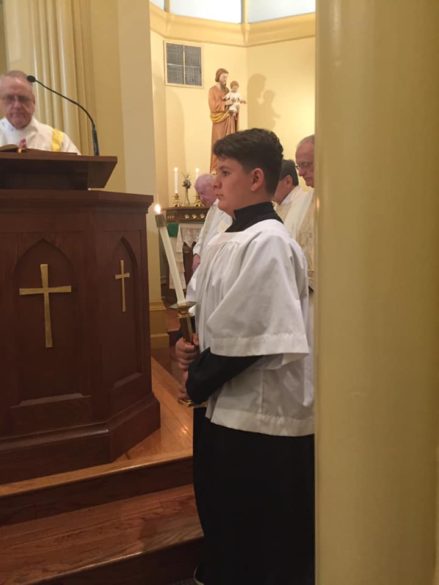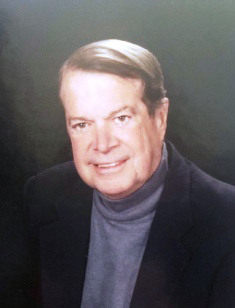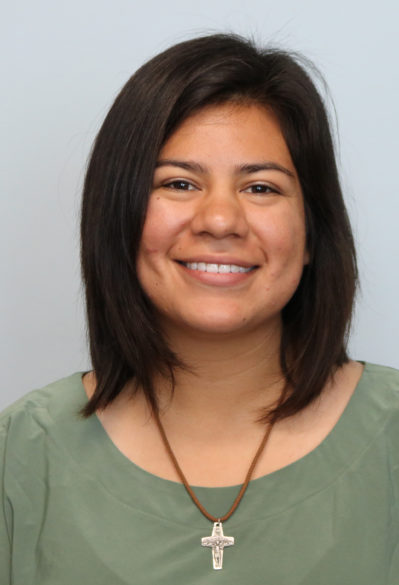(Editors note: The following is an excerpt from the “Diocese of Jackson, Parish Finance Council, Decree and Guidelines” of the Required Financial Practices section, that details how financial donations are to be handled and accounted for in the Diocese of Jackson.)
Financial Reporting
a) Record financial transactions and prepare financial statements: Financial transactions are recorded and monthly financial statements are prepared using ParishSoft ConnectNow Accounting software.
b) Financial records: All financial records documenting transactions should be available to the parish as needed. Records should not be kept offsite at the residences of employees or volunteers where access to the financial records may be limited. Financial records are the property of the parish and must be kept on the parish premises.
c) Regular financial report preparation: Financial reporting is made regularly and timely to facilitate control and corrective action. The financial reports should be presented in detail capturing bank accounts held at local financial institutions and Diocese accounts (not just operating accounts) and debt obligations. Financial statements should contain all activity of the Parish.
d) Communication of financial results: Parish financial results are reported each month to the pastor and finance council. In addition, results should be shared with parishioners on at least an annual basis including sources and amounts of income, parish debt obligations, unpaid bills and parish savings.
Sunday and Holy Day Collections
a) Count teams: Collection bags should be maintained in the safe until the next business day when the count team is assembled and ready to begin counting. At least two (preferably three) unrelated people, not employees, should be present when collections are counted. No one should ever sort and organize money prior to the arrival of the count team.
b) Proper rotation of count team duties and members: Multiple count teams that are periodically rotated should count collections. If there is only a single count team, then count duties should be rotated.
c) Collections are handled properly: All checks are restrictively endorsed during counting procedures, and a cash collection report is compiled and signed by each of the count team members. It is helpful to establish written cash handling guidelines indicating names and duties of team members.
d) Adequate physical safeguards: All cash receipts should be deposited intact daily or locked in a safe and deposited the next day. Limit entry to the safe to two people requiring such access, each should have the safe combination and/or key. The safe combination and/or key should be adequately safeguarded. Use your bank’s drop bag process whenever possible to ensure safe/timely deposit of funds.
e) Segregating collection duties: Ideally, different individuals complete the receiving, processing, recording and bank reconciliation functions. This option is not always possible especially if there are only one or two individuals available to perform these duties. Separate and rotate these duties among the available people as much as possible. Perhaps the pastor, or a volunteer parishioner with the proper background, can perform or review one of these functions monthly.
f) Parishioner contribution statements: Someone who is independent of the counting, depositing and recording of collections prepares and distributes year-end parishioner statements whenever possible. Reported variances between the donation and collection are investigated and resolved.
g) Tracking parishioner contributions: Do not back date envelopes to the Sunday date printed on the envelope; use the date of the collection. For instance, families submitting multiple envelopes (for previous Sundays on one Sunday) should be entered with the Sunday date on which the multiple envelopes were received, not the date printed on the envelopes.
h) Reviewing parishioner donor contribution summary report: Periodically (quarterly) print the donor contribution summary report and compare it to the Sunday collection worksheets for accuracy. Make corrections as needed.
(If you suspect proper procedure is not being followed with regard to church donations, call Nancy Meyers (601) 960-8458, Cathy Pendelton (601) 969-2135 or Carolyn Callahan (601) 346-6038)
